Dorothee Elmiger: ‘Writing is like the gesture of a child’
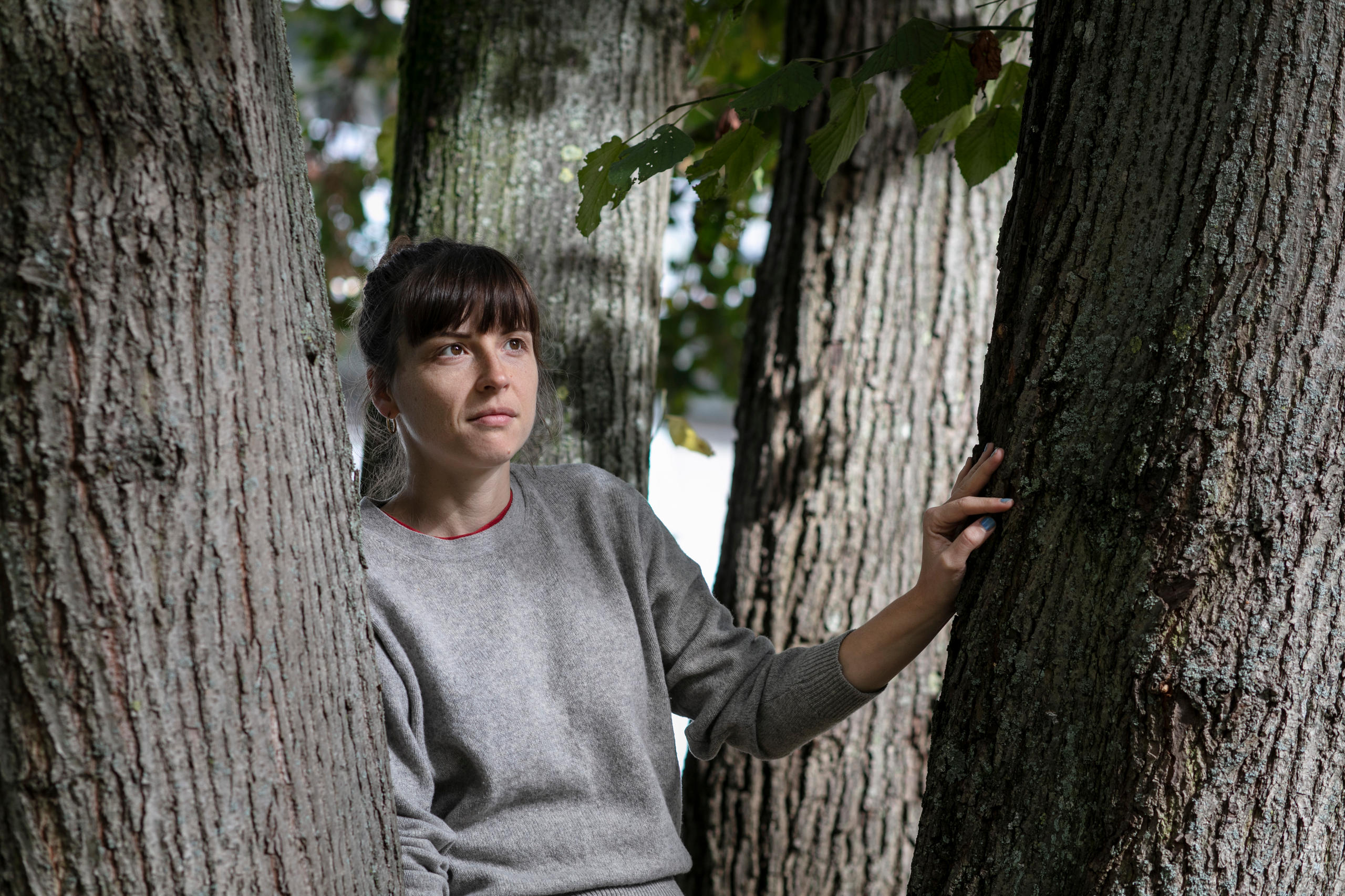
Dorothee Elmiger is the most promising young writer in Switzerland. She has received three Swiss Book Prize nominations for books that challenge literary conventions. Her latest work is also on the shortlist for the German Book Prize.
On the day Dorothee Elmiger is celebrating the launch of her new book, the announcement comes that she has also been nominated for the German and Swiss Book Prizes, the two most important literature awards in the German-speaking world.
When her editor gave her the news, she was a bit unhappy about it, Elmiger says at her book launch in Zurich.
“Writing is like the gesture of a child who is scrabbling around in the dirt, finds a stone and is happy to show it and examine it and discuss it with other people,” she says. In the literature business, however, books quickly become viewed as entries into a big competition. “People treat them as rivals instead of questioning them, or recognising that they have something in common.”
With her first two books, Invitation to the Bold of Heart (2010) and Schlafgänger (hot-bedders, 2014), Elmiger has already been nominated twice for the Swiss Book Prize and has won many other important awards.
In the meantime she has repeatedly considered giving up writing. Luckily she hasn’t done it yet. And of course she’s happy about the nominations – above all because of the attention they draw to a book like hers, she says.
Aus der Zuckerfabrik (From the Sugar Factory) challenges literary conventions. Like all Elmiger’s books so far, it doesn’t have a plot. While her publisher advertised her previous books as novels, the new book remains uncategorised. Is it an essay, an “attempt to put things in order”, as she writes in her text? Is it a novel? Is it a collection of sketches, or is it a research report? The book definitely has fictional aspects. But it is also an artistic compilation of research.
Artistic research report
The book starts with a scene from a 1980s documentary film about the first Swiss lottery winner, Werner Bruni, a labourer from the Bernese Alps who won CHF1.7 million and lost it again very quickly. The film shows the bankruptcy auction, which Bruni didn’t attend. Local inhabitants cram into the room. The offerings consist of a few bottles of wine, a carbine rifle and two female figures carved out of wood or stone, probably from Haiti. “Just look at these breasts,” the auctioneer says, trying to push up the bidding for the two figures. And when the hammer finally falls, he says “so these old n*****s are also gone”.
When she first saw this scene, Elmiger was electrified, she says in a café near her home. She kept returning to it. “But for a long time I didn’t understand what I was trying to find out.”
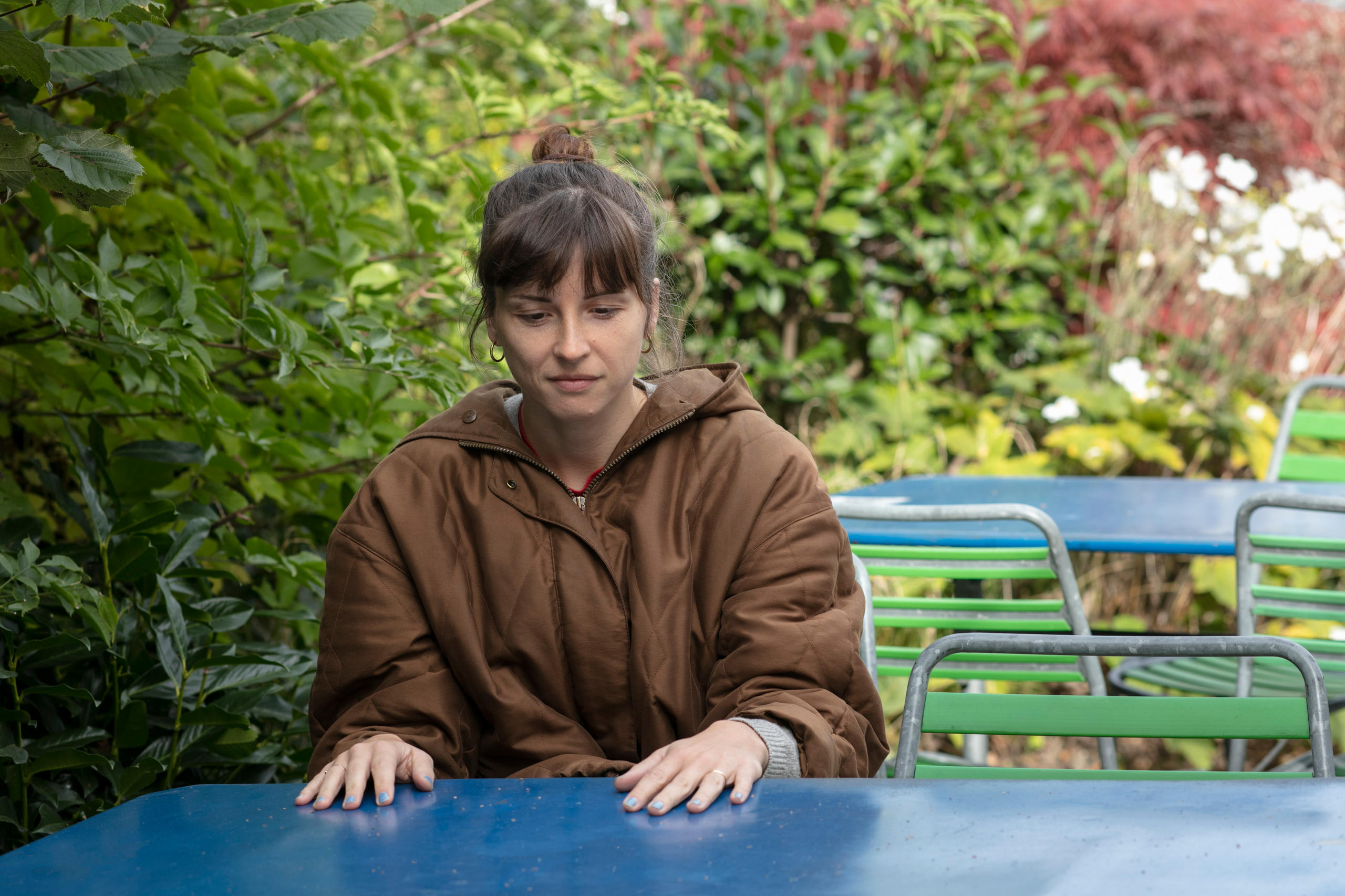
In the book, her alter ego says it is as though something revealed itself that she can’t formulate but at best might be able to find again “in conditions with similar, analogue structures; as connections, repeats, parallels.” And that’s what the author does in the book: she brings together passages of text through which an echoing range of themes resonates, and these themes come together in this short scene. She sweeps across time and space. It’s about capitalism and exporting capitalist labour conditions to the New World. It’s about racism and sexism. But it’s also about hunger for more, the desire to step out of oneself – about lust, longing or ecstasy. And it’s about how such urges or desires can tip into something destructive, too.
In the work of the Irish writer James Joyce, for example, she finds a figure, Eveline, who lends her name to one of the stories in the book Dubliners (1914). Eveline sits at the window and wonders whether she should take the ship anchored in the harbour and sail across the Atlantic to Buenos Aires. As she does so, she remembers the words of her dying mother: “Derevaun Seraun!”. Various literary theses exist for this mysterious exclamation. For some scholars it is a deliberate corruption of Gaelic, loosely translated as “after pleasure comes pain”; for others it is a corruption of the Irish language, meaning “the end of the song is insanity”.
There are also contradictory interpretations: the call to discover new territory – or a warning not to leave familiar territory. “It’s great to find something like this,” says Dorothee Elmiger. “Such a discovery opens new paths.” For example, Joyce’s Eveline is echoed in the mystic Teresa of Avila, whose brothers all moved to the New World while she, the woman, stayed at home and found a way out – of herself – in religious ecstasy. And then there are parallels in the text to madness and delusion.
The beauty of openness
But with all the subjects the book touches on, what is it fundamentally about? Elmiger laughs. “Am I allowed to answer that as an author, or am I betraying my text?” she asks. Her texts are not deliberately cryptic, and she is happy to give readers assistance. But what she likes about her book is its openness, and she wants to keep that intact.
Elmiger, 35, grew up in a village in the Appenzell region of northeast Switzerland. She studied at the Swiss Literature Institute. After stints in Leipzig and Berlin, she now lives in Zurich.
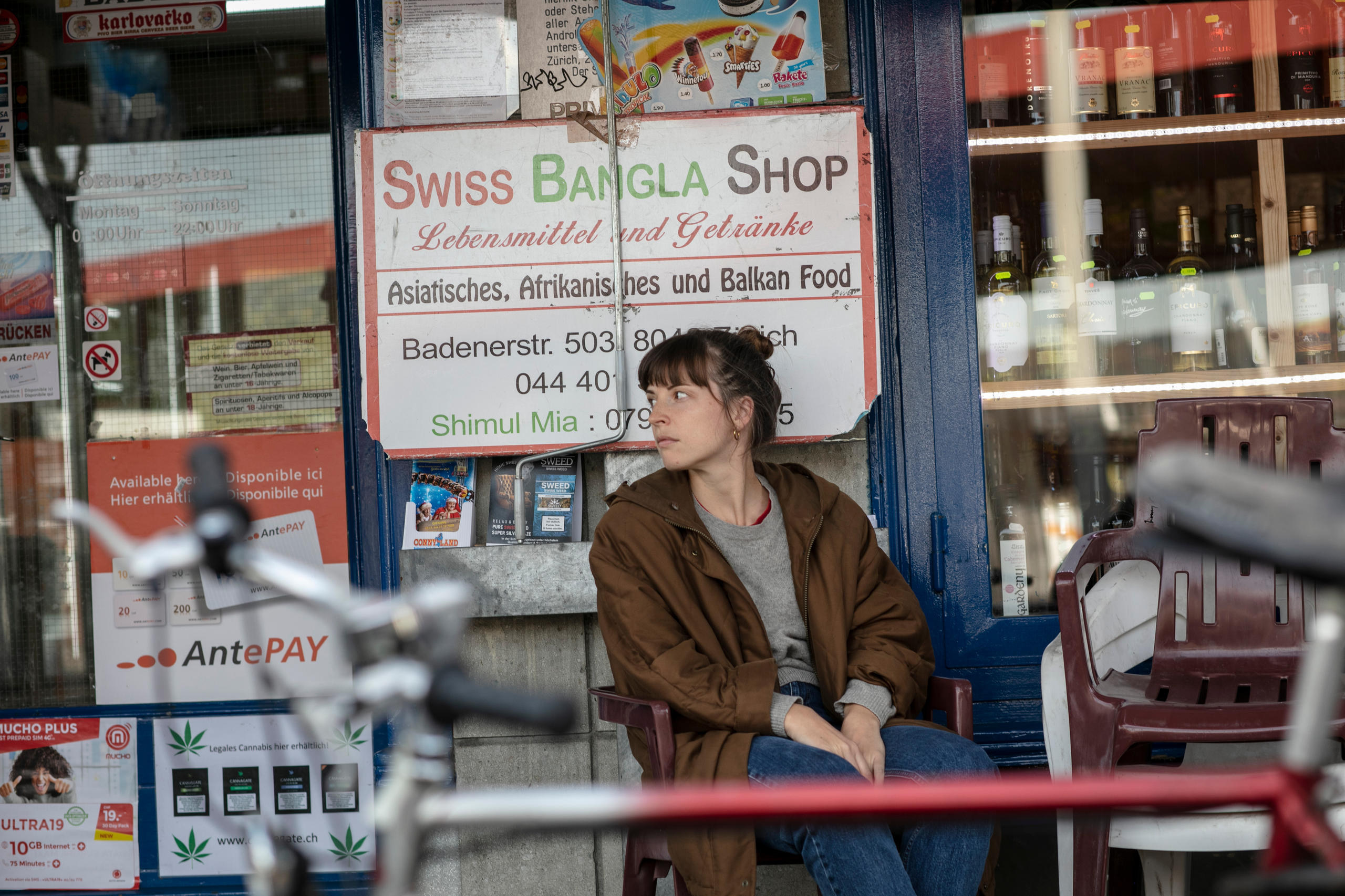
The experimental form of her book, the erudite quotations and the potentially intimidating names should not deter readers. Her editor Jo Lendle, who published her books at Du Mont and now at Hanser – both publishing houses with big audiences – says Elmiger accepts that the path to a higher consciousness is not a straight one. She shows that the patterns of these paths encourage certain insights themselves.
“With defiance, intensity and a cool head she traces phenomena, circles around them and throws out her nets – and these nets of associations are what makes her writing so distinctive,” Lendle says.
At the beginning of the book Elmiger creates an image of a thicket in which the narrator of the book is entangled. She lays out what she has found in the thicket – the drawings, notes and fragments of prose – in an open space. “There is no designated order in this place,” she writes. “With every journey through the chaos, things seem to encounter each other in new constellations.”
The relationship between things is central to the book. At one point, she writes that lotteries are perhaps “the unpoliticised hope for emancipation, for freedom” – the hope for a new order. And the auction is a “ritual” that restores the “original order”. The book is a collage of texts that encounter each other in a dazzling, sometimes even delirious dialogue. It’s an invitation to reflect on the conditions in which we live and of which we ourselves are also a part.
Dorothee Elmiger’s debut novel Invitation to the Bold of Heart (2010) is the story of two sisters in a post-apocalyptic world. Her second book, Schlafgänger, is an exploration of borders. The new book, From the Sugar Factory, takes the production of sugar as its starting point.
On the one hand sugar is connected to eating, pleasure and desire. On the other it was produced by slaves under murderous circumstances in the New World. These slaves took the place of paid workers in early global capitalism, because systems of paid labour couldn’t be exported overseas. Elmiger presents excerpts of text that seem to come from worlds far apart, such as psychiatry, mysticism or the literature of Max Frisch. It’s a way of reflecting on the intricate webs of our world. It’s also worth reading for the precision and beauty of the language.
Dorothee Elmiger: Aus der Zuckerfabrik, Hanser, 272 pages.

In compliance with the JTI standards
More: SWI swissinfo.ch certified by the Journalism Trust Initiative
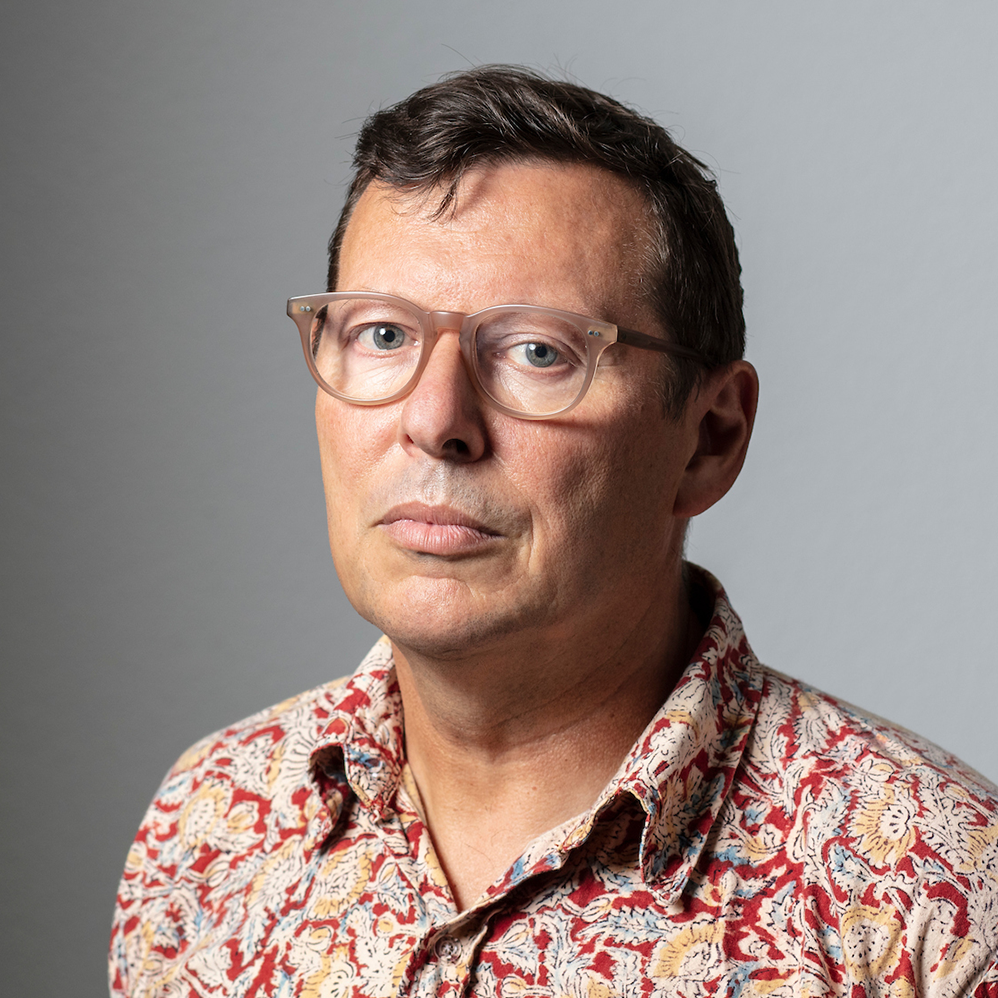








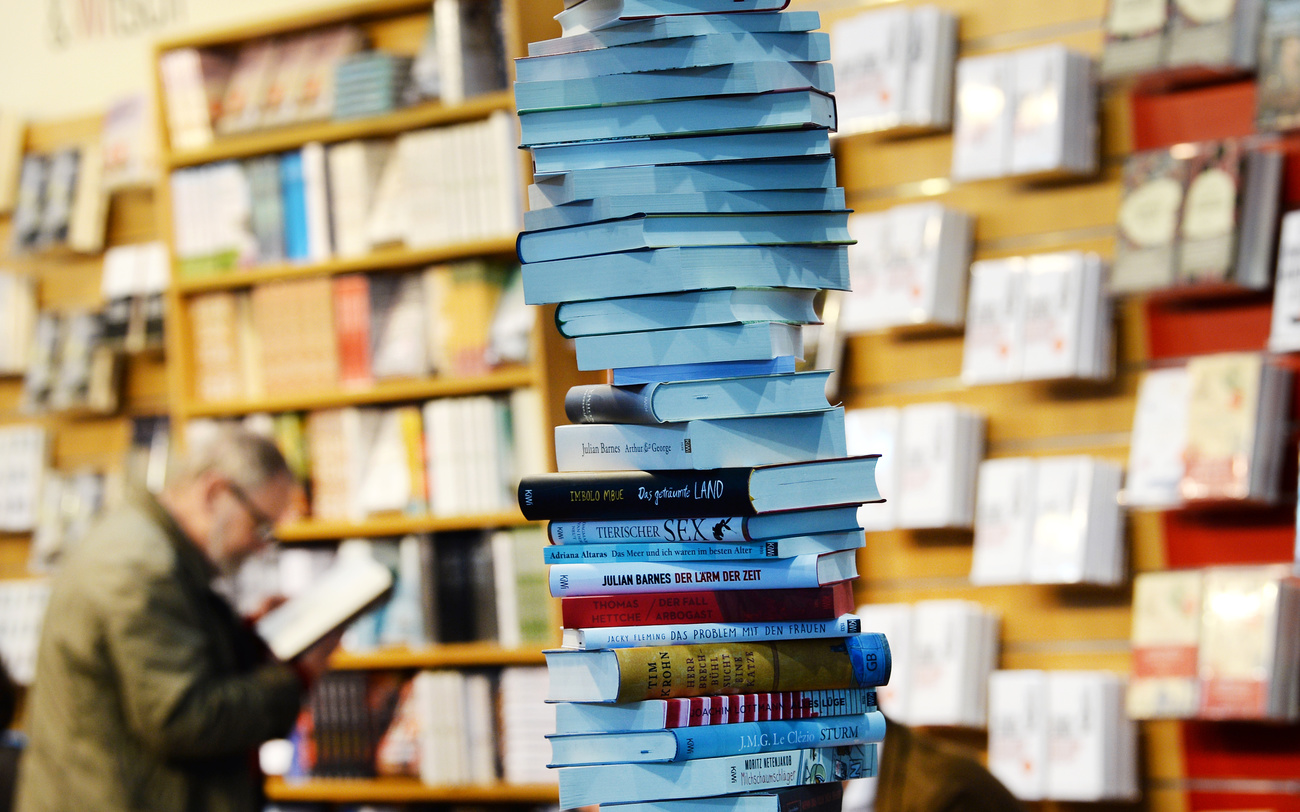
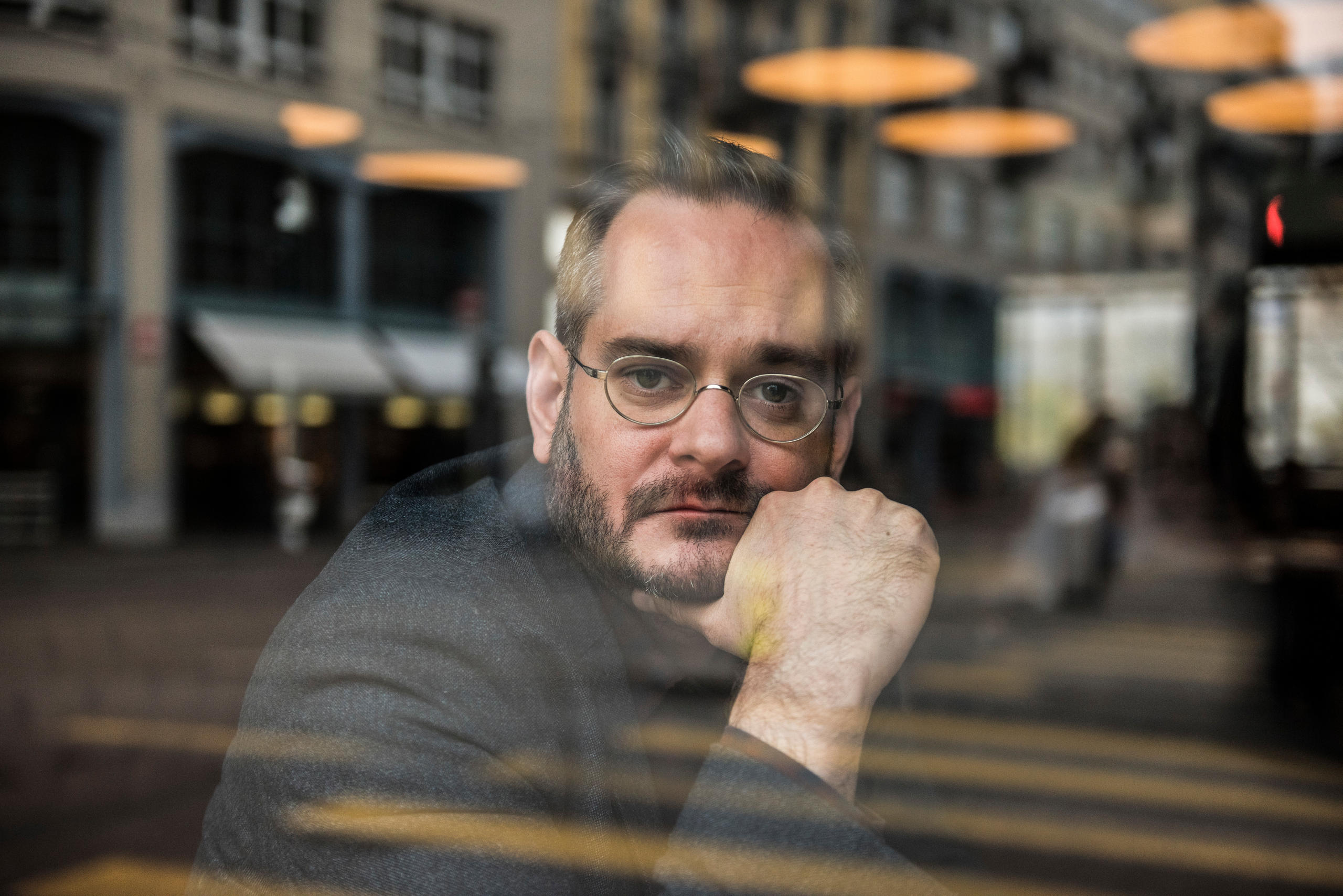
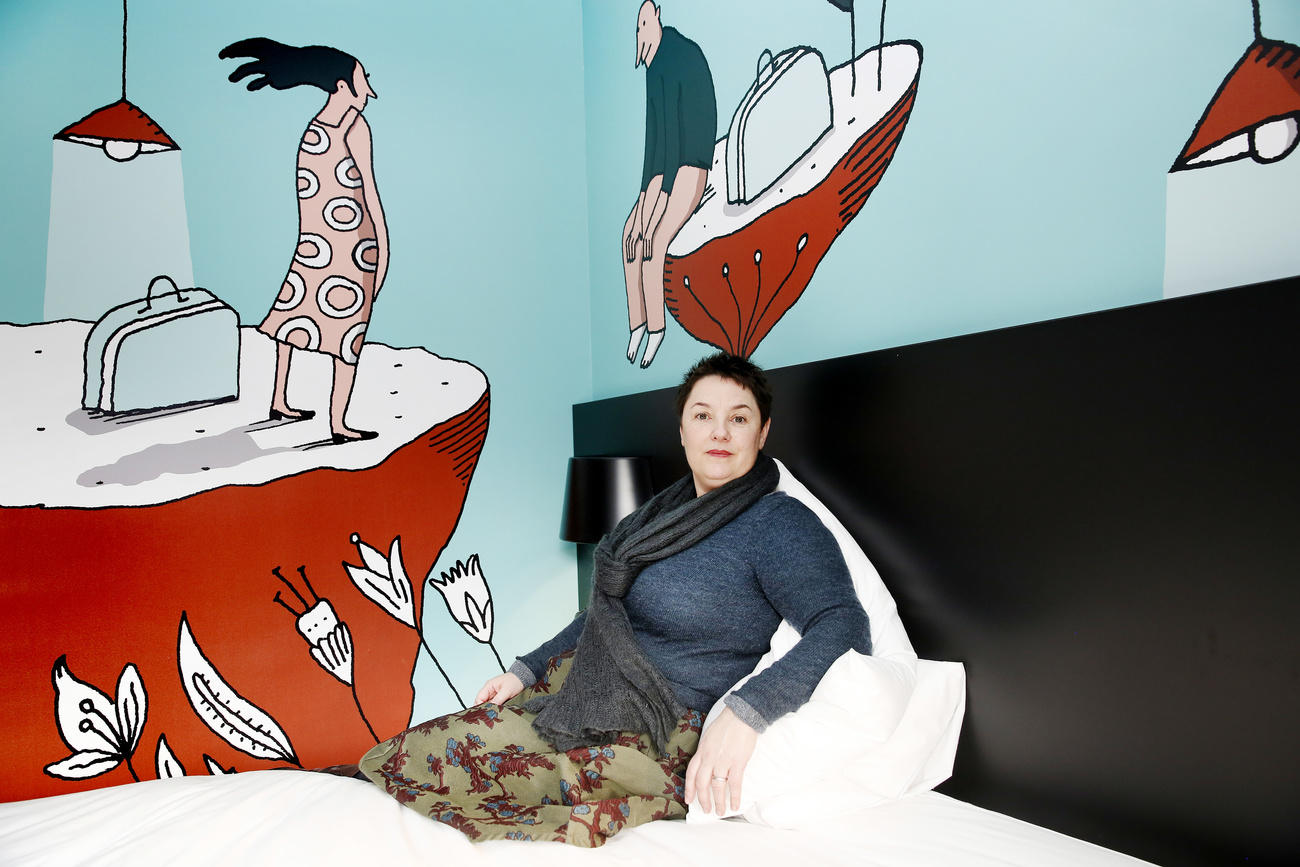


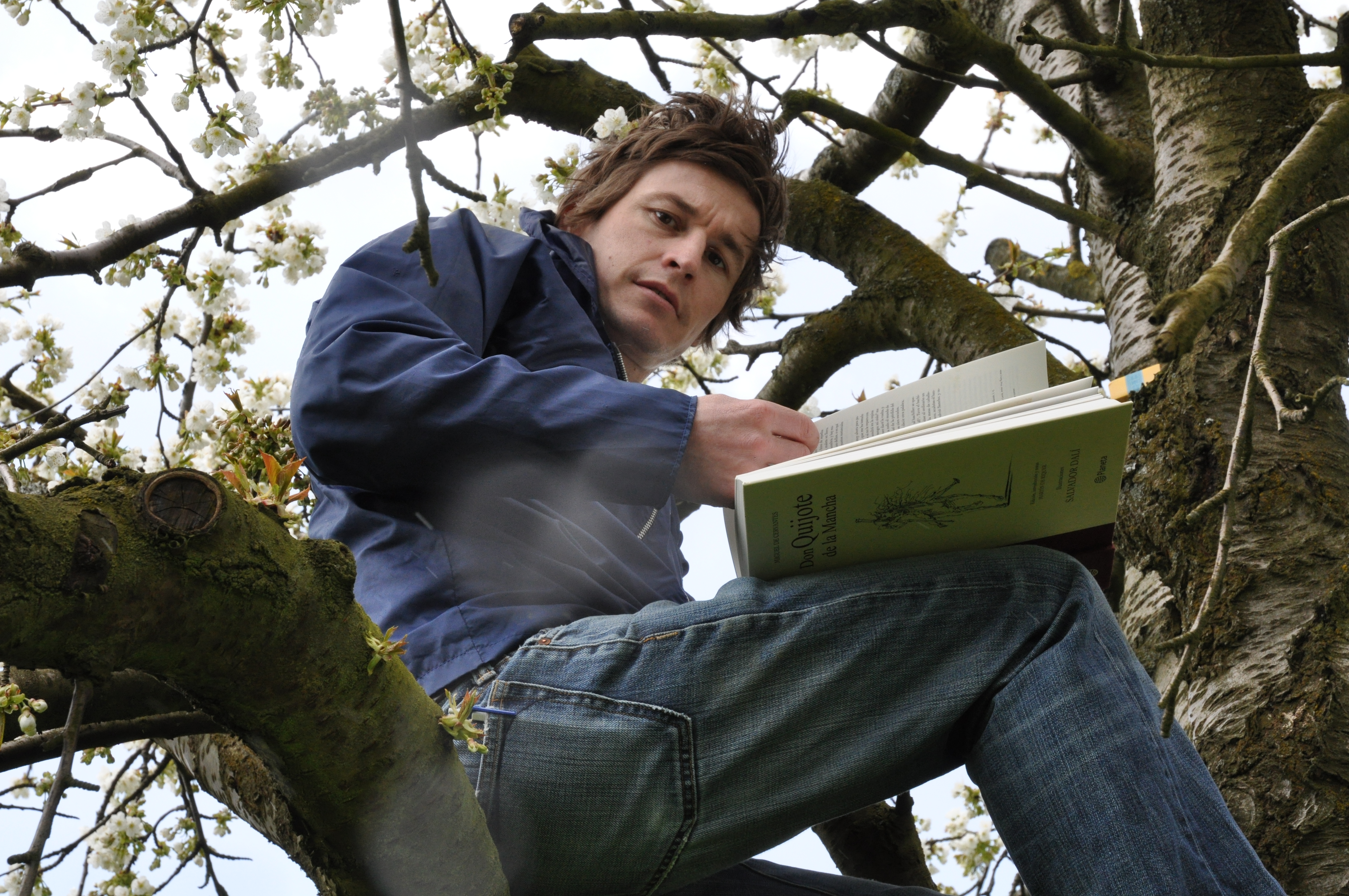
You can find an overview of ongoing debates with our journalists here . Please join us!
If you want to start a conversation about a topic raised in this article or want to report factual errors, email us at english@swissinfo.ch.